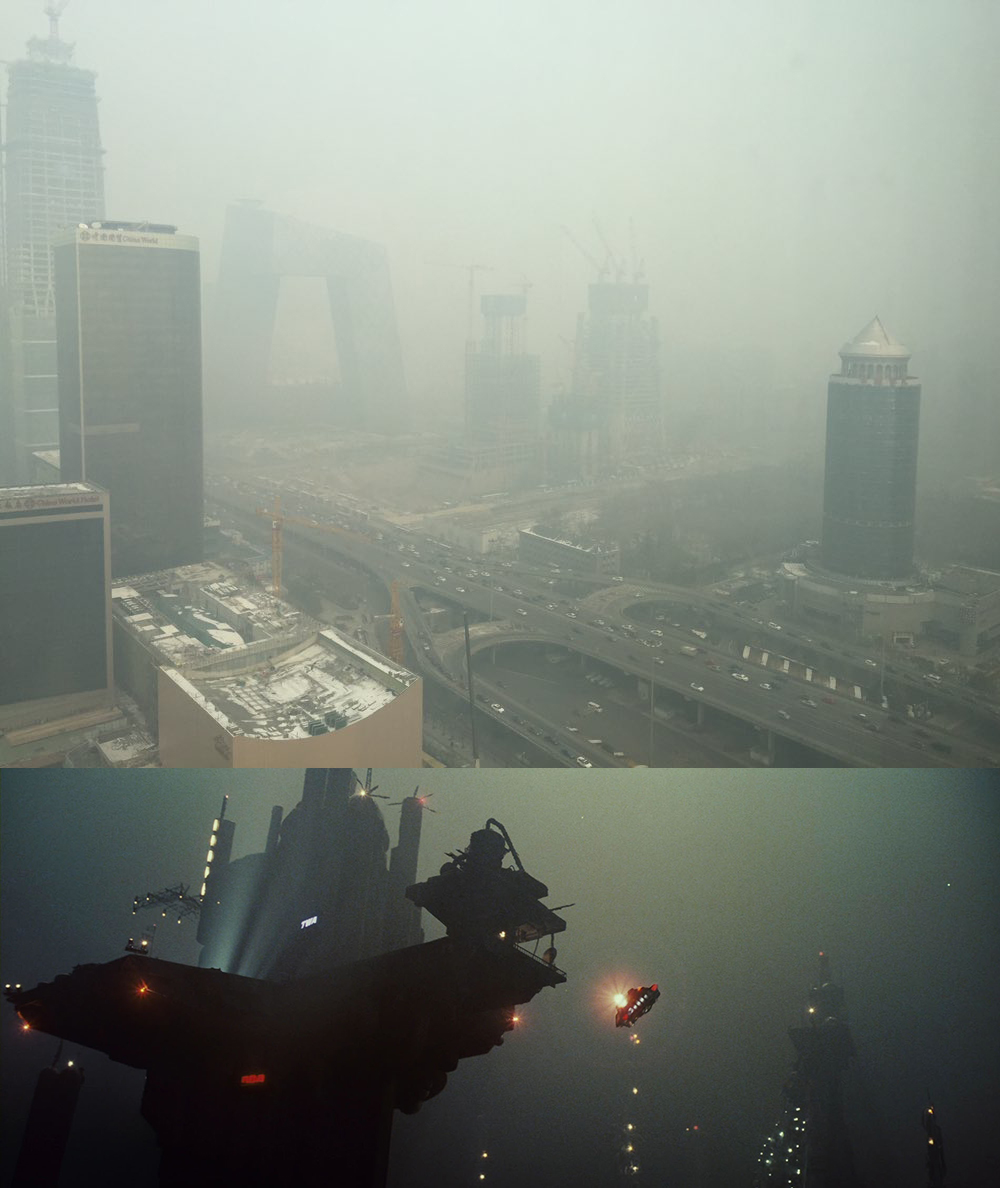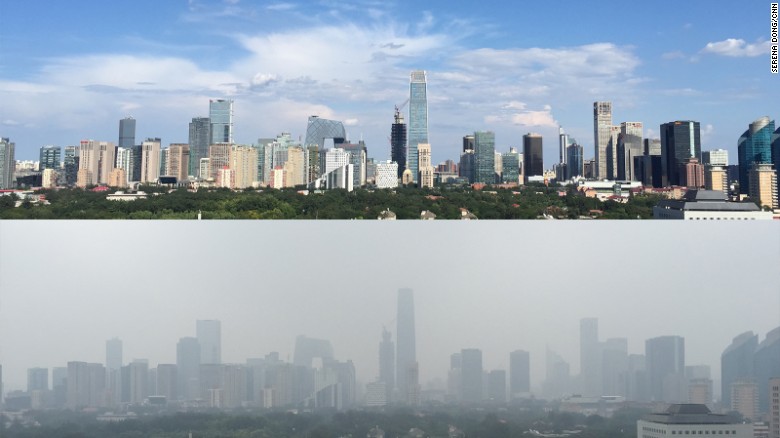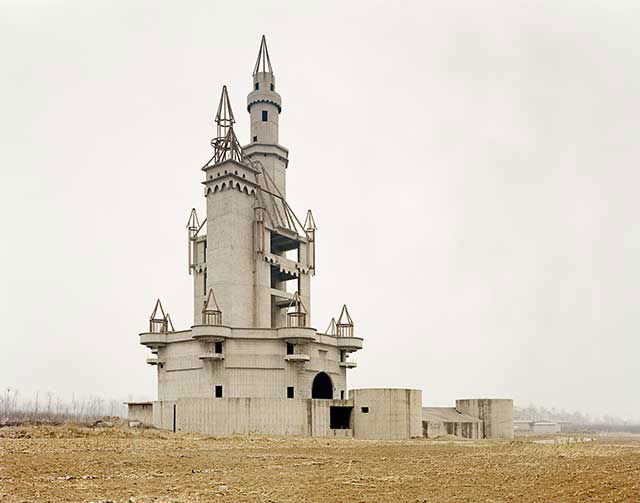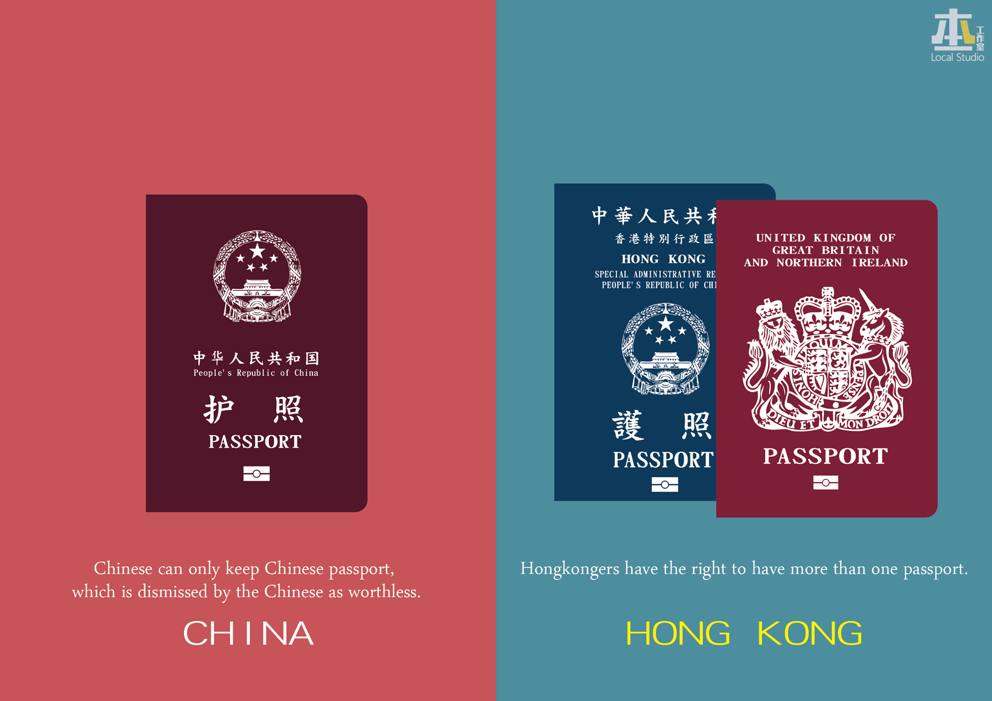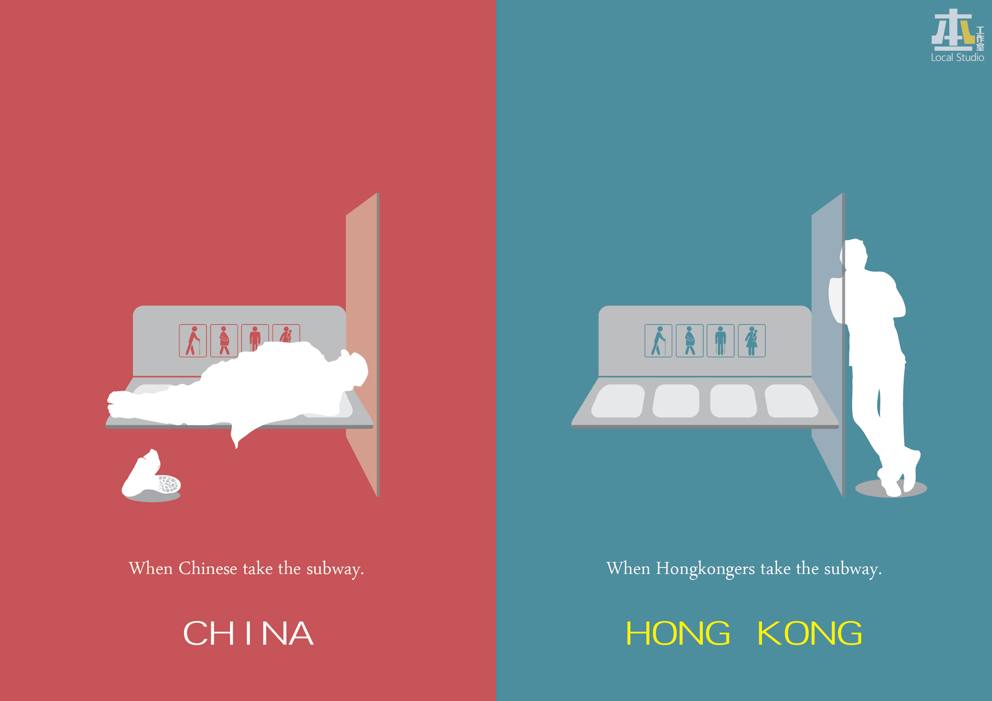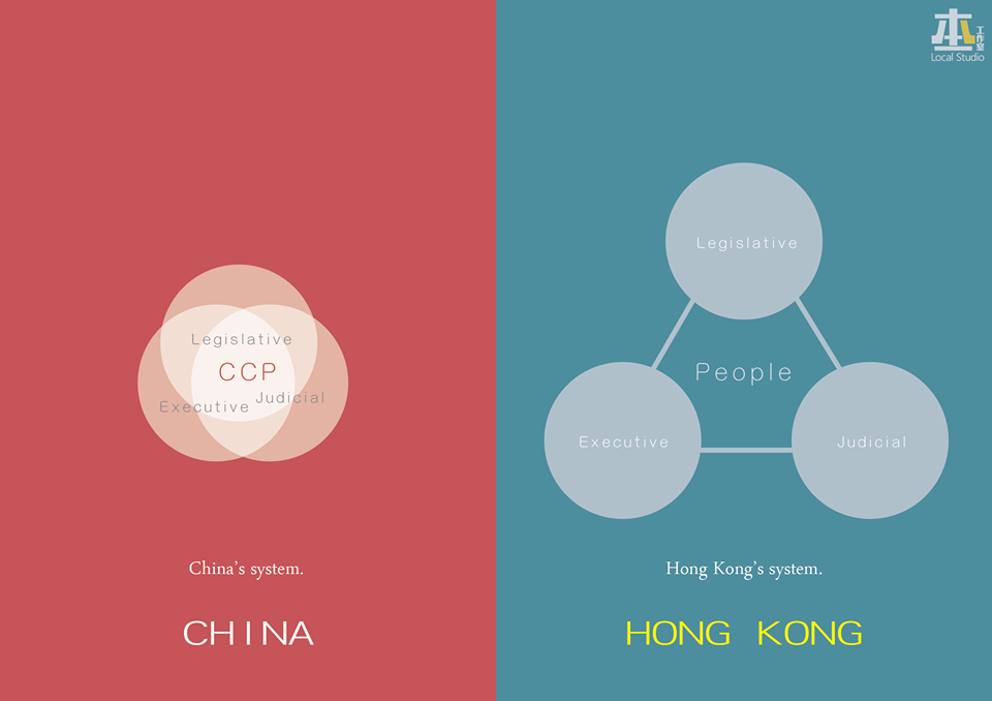La crisi di fiducia nella leadership economica di Pechino legata al peggioramento dei dati economici, ai tassi di interesse drogati, alla svalutazione dello yuan e alla fuga di capitali dalla Cina con shock finanziario globale, raccontata in 10 articoli.
China stock market crash: worst day's trading in Europe since 2011. The Guardian.
Stocks pare losses but market upheaval continues. The New York Times.
Why are global stock markets tanking? The Atlantic.
China's latest stock market crash: the basics. Vox.
Between June 2014 and June 2015, China's Shanghai Composite index rose by 150 percent. A big reason for the stock market rally was that a lot of ordinary Chinese people began investing in the stock market for the first time... Earlier this year, the authorities became concerned that the stock market's rise had become unsustainable. So they began to tighten limits on debt-financed stock market speculation. The stock market peaked in June and then began to fall quickly.
Market Correction: CNBC Explains. CNBC.
A correction is a decline or downward movement of a stock, or a bond, or a commodity or market index. The amount of the decline is at least 10 percent and a true correction exceeds that amount. In short, corrections are price declines that stop an upward trend... Stocks, bonds, commodities, and everything else traded on the markets never move in a straight line, either up or down. At some point their value will change--for better or worse.
It's Back to 2008 for Europe stocks as DAX enters bear market. Bloomberg.
China's stock market crash... in 2 minutes. CNN.
Market mayhem. Business Insider.
Three cheers for the plunging stock market. Fusion.
It's 1929 in China. Or 1989. Quartz.
Nervi saldi e niente panico.
LEGGI ALTRO...
